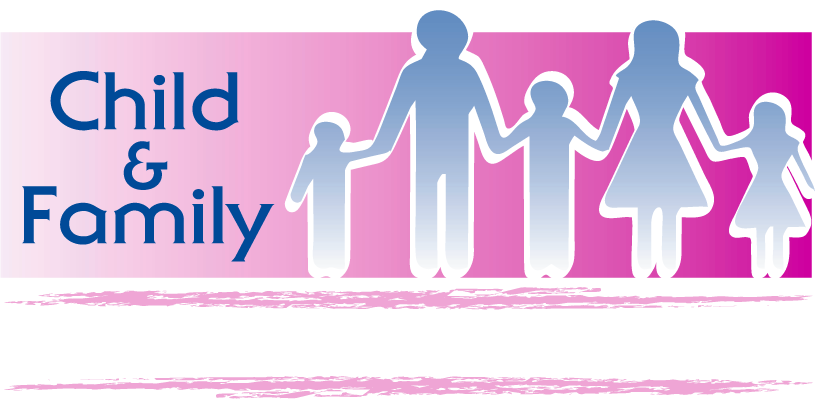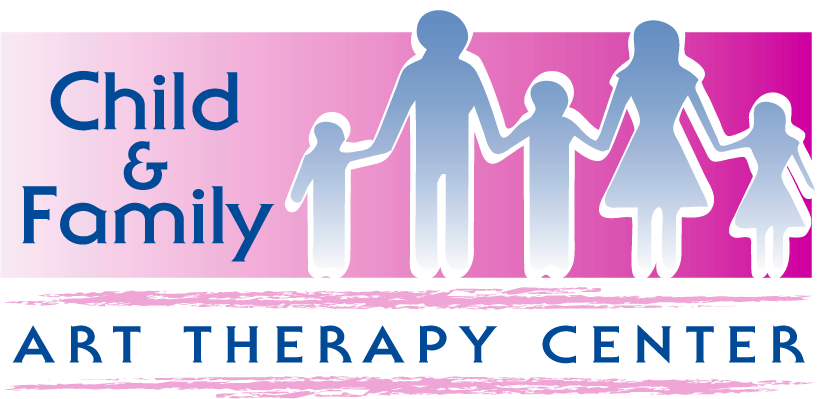
Why We Help: Our Mission
The Child and Family Art Therapy Center (CFATC) was founded out of a sense of duty to make the world a better place, one child and family at a time. CFATC strives always to provide the most ideal environment in the world for children and adolescents to participate in therapy. Likewise, CFATC aims to be the most comfortable, trusted setting in the world for parents to receive compassionate support during the child’s treatment.
CFATC is committed to increasing public awareness of children’s developmental and mental health needs, as well as effective parenting and therapy approaches that meet those needs.
Lastly, the Child and Family Art Therapy Center is dedicated to the promotion of art making, visual communication, and the field of art therapy as a vital resource for the healing, development, and well-being of individuals, families, and the entire world.
What Parents/Caregivers Need:
Ideal Caregiver Support
We understand and empathize with the caregiver’s position. Too often, you feel judged by your child’s therapists. We understand that parenting is HARD, and that children do not come with an owner's manual. You are trying to be the best caregiver you can every day, through tons of responsibilities and exhaustion.
We understand that by the time you take the action step to get help for your child, you have tried EVERYTHING, and you don't know what else to do. It is completely normal to feel powerless, helpless, hopeless, and worried. You deserve - and should receive - compassionate, non-judgmental therapists who partner with you in the care of your precious child.
We demystify the treatment process! In separate caregivers-only meetings, our therapists share observations and interpretations about issues underlying your child's struggles. You learn your child's precise needs. You’ll update the therapist with your current observations and concerns, and collaborate in setting treatment goals.
We empower you! We teach new supportive strategies and communication skills, as needed. Caregivers grow competent and powerful. You become a part of the SOLUTION. When you become the “therapist at home”, your child's improvement is more rapid and long lasting.
What We Believe:
Our Philosophy
Every aspect of our approach is designed to give children, teens, and parents/caregivers EXACLY the therapy they NEED and DESERVE.
Our fundamental beliefs are called Person Centered or Humanistic. We believe that…
Each individual has the capacity to heal, grow and achieve his or her vast human potential.
Every person has the capacity to direct his or her life in positive ways.
Everyone is doing their best to function at all times. Some days and stages of life are easier or more difficult than others. We all try to make it through each day as best we can.
We are all human and therefore, imperfect. Everyone makes mistakes and deserves patience, forgiveness, and compassion while trying to improve.
When people develop new healthy and successful coping skills and habits, they thrive. Simultaneously, their ineffective and unhelpful coping behaviors are extinguished.
We accept who each parent/caregiver and each child is today (feelings, functioning, etc.), while keeping a hopeful eye on tomorrow.
What Kids Need: Ideal Child Therapy
We celebrate and respect the truths of childhood, that:
Children and adolescents are in a constant state of change because they are in their formative years. This makes their coping skills and personality structure highly malleable, which is cause for HOPE! Child-centered therapy helps children remove and overcome internal and environmental obstacles to development.
Children’s brain development, verbal skills, impulse control, coping skills, and reasoning abilities are immature and not the same as those of adults. Some therapists see these as limitations. We celebrate and make use of the competencies of childhood: fantasy, imagination, playfulness, spontaneity, curiosity, and openness to learning. Children and teens must experience therapy that reflects their verbal and cognitive developmental abilities and interests.
Children are influenced by - and live in - their formative environment. Children make the best progress when parents/caregivers are actively involved in their child’s therapy. When caregivers and schools adopt individualized supportive structure, kids make quicker and longer lasting progress in the future. Child-centered therapy teaches caregivers and teachers individualized support strategies.
Ideal Child Therapy
Children don’t know what therapy IS because therapy is a very adult concept. Kids need therapy for KIDS.
Art-play Therapy, and the creative arts therapies like Music Therapy and Dance-Movement Therapy, gives kids precisely the type of communication and outlet they prefer. It makes therapy child friendly and fun. Indirect, symbolic expression of problems and challenges creates therapeutic distance from their issues, allowing children to comfortably explore and solve them. The inherent fun and relaxation that comes with creative and playful approaches reduces resistance and greatly improves kids’ participation in the treatment process.
Adult-like verbal exploration of challenges and conflicts usually doesn’t work with children. Adult therapy requires collaborative goal setting, self-awareness, willingness to make changes, lots of [boring] talk, and delay of gratification. None of these are inherently strong points of children.
Children are very instinctive and would rather have fun in the present than work towards abstract “feeling better” in the hard-to-imagine future. When they explore challenges verbally and directly, children get overwhelmed. They often shut down, get silly, explode, cry, or run out of the room. Our child-centered therapy only briefly explores challenges directly in each session. The rest is indirect, creative, and playful, and allows the child to set the pace, which keeps the process comfortable for the child.







